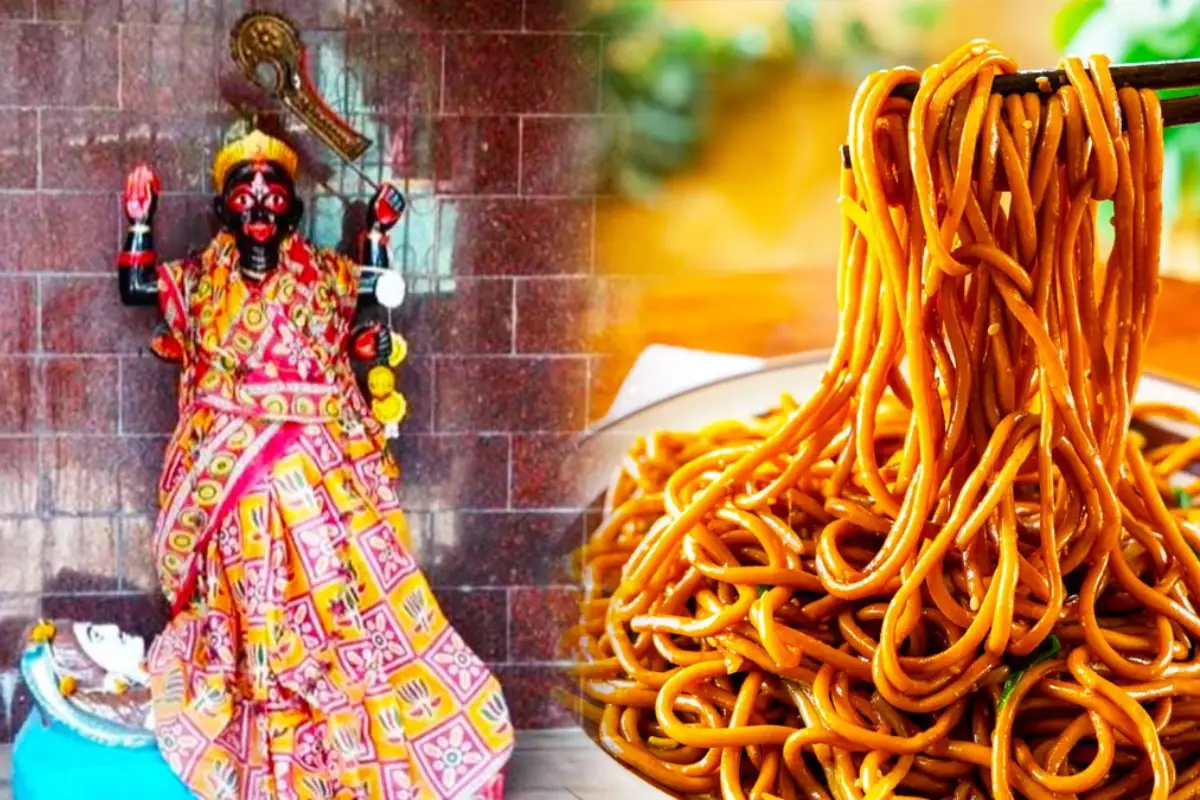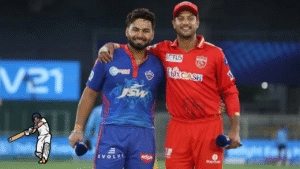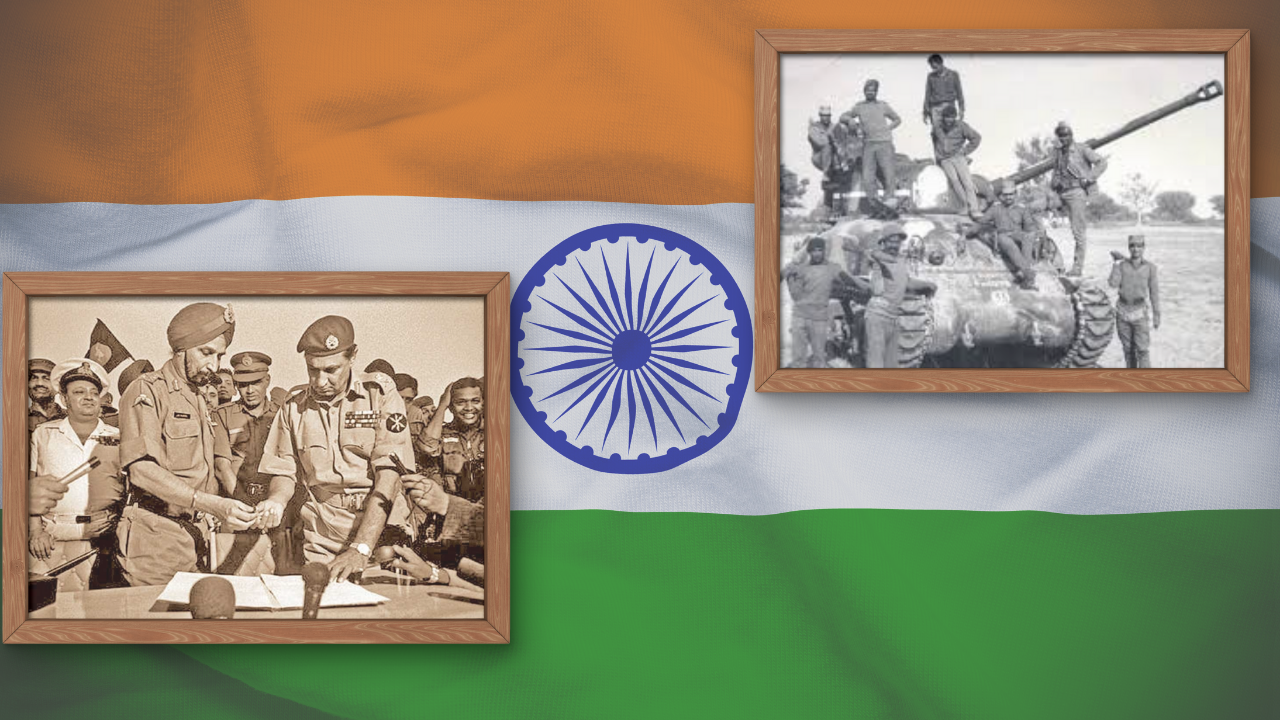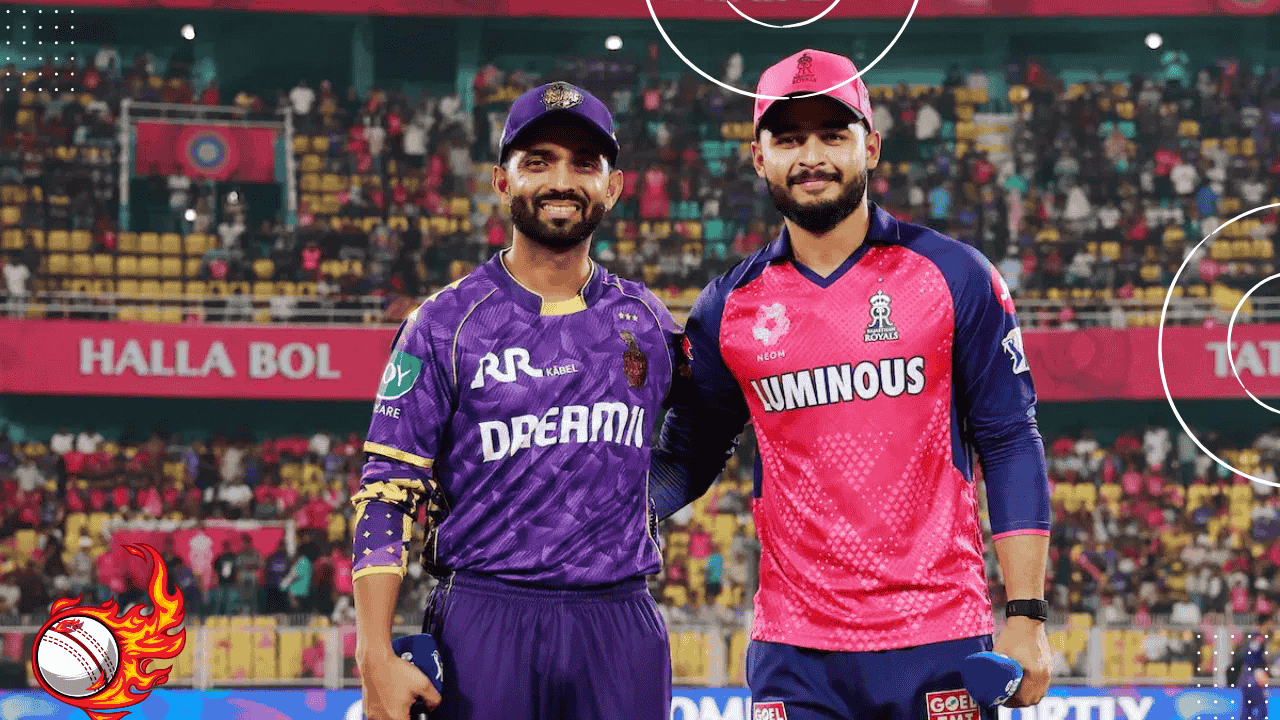Discover how Kolkata’s Kali Temple has introduced noodles and fried rice as prasad, blending tradition with contemporary flavors. Explore this unique offering and its cultural significance.
Introduction: The Changing Face of Tradition
In the heart of Kolkata, the Kali Temple has long been a center of spirituality and devotion. However, a recent twist has made this sacred spot even more intriguing – noodles and fried rice are now being served as prasad to devotees. This shift from the traditional offerings of sweets and fruits to savory, comforting dishes has sparked both curiosity and admiration. It is a perfect blend of the old and new, showcasing how traditions can evolve while still maintaining their essence.
This post delves into this fascinating change at Kolkata’s Kali Temple, its cultural significance, and how this move reflects the city’s spirit of innovation and inclusiveness.
1. Understanding Prasad: A Sacred Offering
Before we dive into the unique offerings of noodles and fried rice, it is essential to understand the significance of prasad in Hindu temples. Prasad is the food offered to deities during religious rituals and ceremonies. After the deity’s blessings, this food is distributed among the devotees, symbolizing the divine blessings.
In most temples across India, prasad typically includes sweets like laddoos, fruits, or traditional dishes such as khichdi. The prasad holds immense importance as it is considered sacred and is believed to carry the deity’s blessings.
2. Kali Temple: A Historical Overview
The Kali Temple in Kolkata, also known as Kalighat Temple, is one of the oldest and most revered temples dedicated to Goddess Kali. Situated on the banks of the Adi Ganga, the temple has been a place of worship for centuries. It attracts millions of devotees every year, making it a vital part of the city’s spiritual and cultural life.
The temple has long been known for its religious ceremonies, intense rituals, and the constant flow of devotees seeking blessings. Over time, the temple has adapted to the changing needs and practices of modern society while staying true to its roots. And now, this new prasad offering is another example of that evolution.
3. The Introduction of Noodles and Fried Rice as Prasad
In a move that has surprised many and delighted others, the Kali Temple started serving noodles and fried rice as prasad during special events and festivals. The idea of savory, non-vegetarian offerings like fried rice may seem unusual to many who are familiar with the more traditional prasad. However, for the people of Kolkata, this modern offering has become a symbol of the city’s cosmopolitan nature and culinary diversity.
This change was introduced by the temple management as a response to the growing number of devotees, especially the younger crowd, who prefer contemporary food options over traditional sweets. By offering noodles and fried rice, the temple ensures that it continues to engage with its diverse audience while maintaining its sacred practices.
4. Cultural Significance of the Shift
Kolkata, often referred to as the “City of Joy,” has always embraced a rich diversity of cultures, languages, and cuisines. From Bengali sweets like roshogolla to the famous street food stalls, food is an integral part of the city’s identity. The decision to serve noodles and fried rice at the Kali Temple reflects Kolkata’s openness to change and adaptation. It’s not just about food – it’s about the connection between the sacred and the everyday lives of the people.
The introduction of noodles and fried rice as prasad symbolizes a shift in the temple’s approach, moving towards inclusivity and catering to the tastes of the modern-day devotee. In a city that celebrates both tradition and innovation, this new prasad offering acts as a bridge between old practices and new ideas, keeping the temple relevant to a changing world.
5. The Popularity of Noodles and Fried Rice
Noodles and fried rice are not just regular meals for many – they have become comfort foods. Loved by people of all ages, these dishes are known for their versatility, quick preparation, and mouth-watering taste. By offering such popular foods as prasad, the temple is acknowledging the preferences of the modern-day worshipper.
During festive times, the queues outside the Kali Temple have grown even longer, as devotees come not just to seek the blessings of Goddess Kali but also to enjoy the delectable prasad. The fusion of the sacred and the secular has led to an increase in the temple’s visitors, making it an even more vibrant place of worship and community gathering.
6. Devotees Share Their Thoughts
The change has sparked mixed reactions among the temple’s visitors. For some, the introduction of noodles and fried rice as prasad is an exciting and refreshing idea. It has made the experience of visiting the temple more enjoyable, especially for younger devotees who are more inclined toward contemporary food.
“I never imagined I would come to a temple and get fried rice as prasad,” said one young devotee. “It’s a beautiful way of connecting tradition with modernity. It’s also much more filling and satisfying than the usual sweets.”
On the other hand, some traditionalists have questioned the move. They feel that serving savory dishes may dilute the sanctity of prasad and shift focus from the spiritual experience to a more casual, everyday meal. However, for many, this change has been well-received as it adds a new layer of enjoyment to the religious experience.
7. How This Affects Temple Rituals
Although the concept of offering noodles and fried rice might seem unconventional, the temple’s rituals remain unchanged. The food is still offered with reverence and devotion to Goddess Kali, and the process of preparation and distribution follows the traditional protocol. The temple ensures that the sanctity of the prasad remains intact by carefully following the guidelines for cleanliness and purity.
This change in the type of prasad offered is simply a reflection of the evolving needs of the temple’s patrons. The underlying purpose – to offer a blessed meal to devotees – remains as sacred as ever.
8. Other Temples Adopting Similar Practices
The Kali Temple in Kolkata is not the only temple to embrace this shift in food offerings. Across India, several temples are modernizing their prasad offerings to include a wider variety of food options, such as khichdi, pulav, and even fast food like burgers and pizza. This trend reflects the changing dynamics of temple rituals, where food is becoming not just a spiritual offering, but a way to attract and engage a larger and more diverse group of people.
The decision to serve noodles and fried rice at Kali Temple is part of this larger movement toward modernization in Hindu temple practices. However, it is essential to note that this shift does not detract from the spiritual aspect of the offering, but rather enhances the experience for the devotees.
9. The Role of Food in Building Community
Food has always played an important role in building community and bringing people together. Whether it’s a festival, a religious ceremony, or just a meal shared with loved ones, food fosters a sense of belonging and unity. The introduction of noodles and fried rice as prasad reflects this communal spirit. It brings people from all walks of life together, united not just by faith but by the joy of sharing a meal.
In a city like Kolkata, where food is more than just sustenance but a form of cultural expression, the addition of these contemporary offerings helps further strengthen the sense of community within the temple.
Conclusion: A New Chapter in Temple Traditions
Kolkata’s Kali Temple serving noodles and fried rice as prasad is a perfect example of how traditions can adapt to modern tastes without losing their essence. By offering these delicious dishes, the temple has made itself more accessible to a wider audience while still maintaining the spiritual integrity of its practices.
In a world where traditions are often challenged and reinterpreted, the Kali Temple’s approach is a testament to the evolving nature of religious practices and the ways in which they can connect with people across generations.
Whether you’re a devotee or a curious traveler, the next time you visit Kolkata’s Kali Temple, don’t just seek blessings – savor the unique prasad that brings a modern touch to an age-old tradition.




























